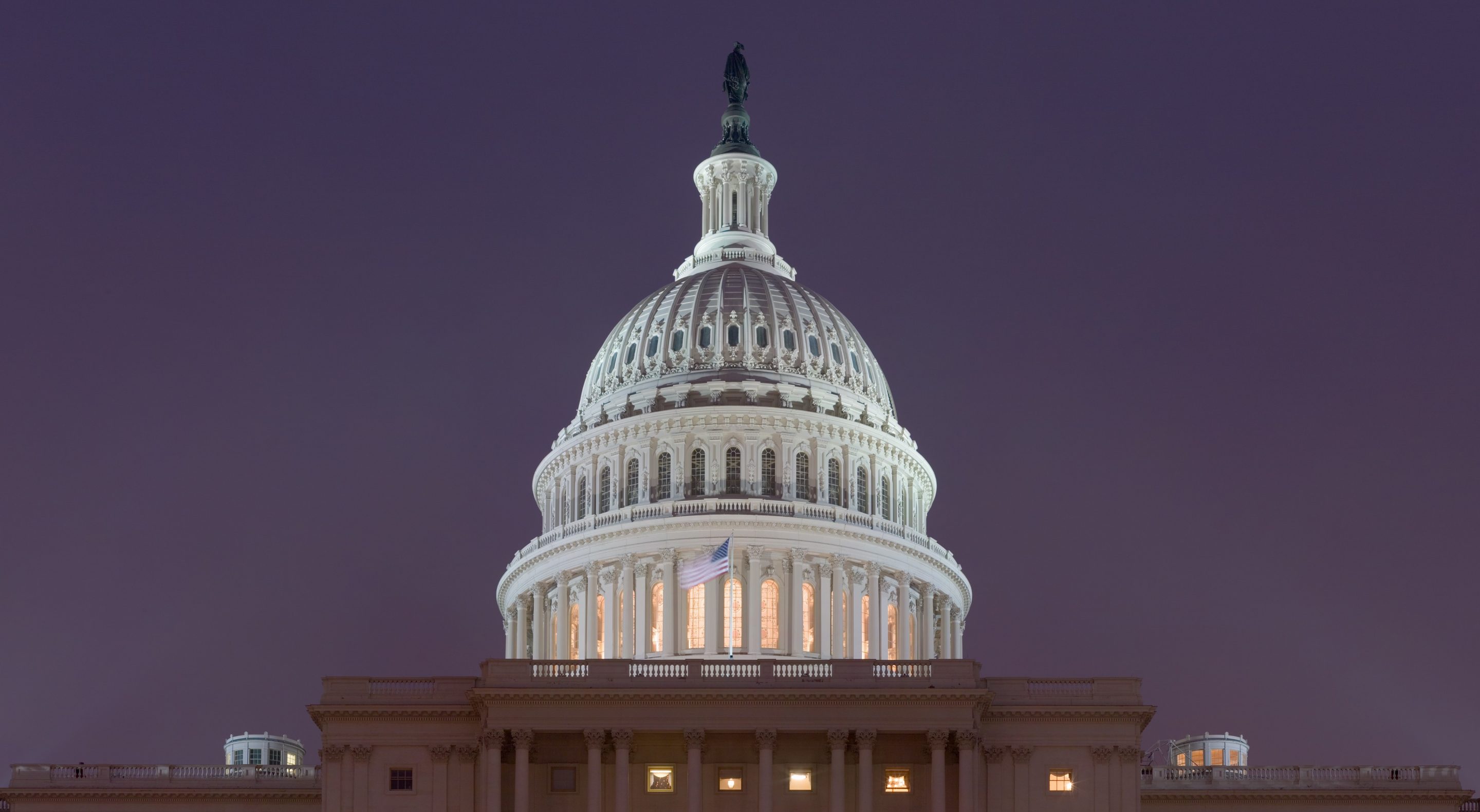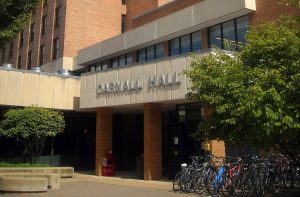Every Hoya has heard of the Hillternship. The opportunity to work at Capitol Hill itself, serving under the legislators who make the running of this country possible. It looks great on resumes. It provides invaluable experience, especially for those hoping to work in politics at some point in their lives. And if you’re from an underrepresented state, like my native Kentucky, competition is so low that you’re practically guaranteed an internship.
The catch? You won’t see a dime for your work.
All over D.C., students are offered the chance to work part-time jobs for no more compensation than a resume boost and a vague promise of “experience!” These offers mostly seem to apply to college students, some of the most vulnerable workers in the job market; you wouldn’t catch a thirty-year-old mother working a job that wouldn’t even pay her rent.
Simply put, unpaid internships are exploitative. They take advantage of college students, part-time workers with weak resumes, and offer them the chance to build job experience in a way that treats them as the cheapest possible labor and disrespects the worth of their work. In exchange, they offer “experience”—something that every job offers by definition. They make these offers to us because they know they can take advantage of us—and they make it only to students because no one else would take it. No one else can afford to prioritize “experience” over financial stability.
Now in fairness, these internships may translate to better jobs in the long run. College students are disadvantaged in this job market (as almost no one in college can meet the standards of an employer who wants five years’ experience) and internships may help to offer students the competitive edge to land a paying job.
But the problems of a job market skewed against students aren’t solved by taking advantage of those who are already disadvantaged. In fact, this actually makes the problem worse—it sets a precedent that students are expected to volunteer their labor for nothing before working up the experience to get a “real” job. It delegitimizes students’ work. It treats students as non-adults. And because students are disadvantaged in the job market, we’re also disadvantaged financially, and a job that pays absolutely nothing doesn’t help.
Additionally, the playing field itself is slanted. Students who don’t have to work could certainly manage an unpaid internship, with a little financial help from mom and dad. But what about low-income students who can’t afford not to work for a semester? What about students whose families require them to help pay tuition? Students for whom paying work isn’t just a source of pride, but a necessity? The unpaid internship system favors wealthy students over competent and motivated ones. And if you’re poor, you can’t take “experience” to Safeway.
I realize that a number of government offices are perpetually underfunded and can’t afford to pay students for their labor. But frankly, that is not our problem. Perhaps Congress ought to mothball a couple of jet fighters or borrow a few bucks from China if they can’t budget enough to actually pay their employees, but we students should not be expected to pick up the slack. Not without fair payment.
Not all unpaid work is bad. If you truly believe in the cause you’re working for, and you’re willing to dedicate your time and energy to them for nothing but that warm, fuzzy feeling in your heart, Godspeed. And of course, charity work and volunteerism are incredibly noble pursuits. But your senator is not a soup kitchen, and unpaid internships should be the exception, never the rule. You should not feel compelled to offer your labor for free just because you’re a student. And you should never be told—even by your government—that your work has no value.






